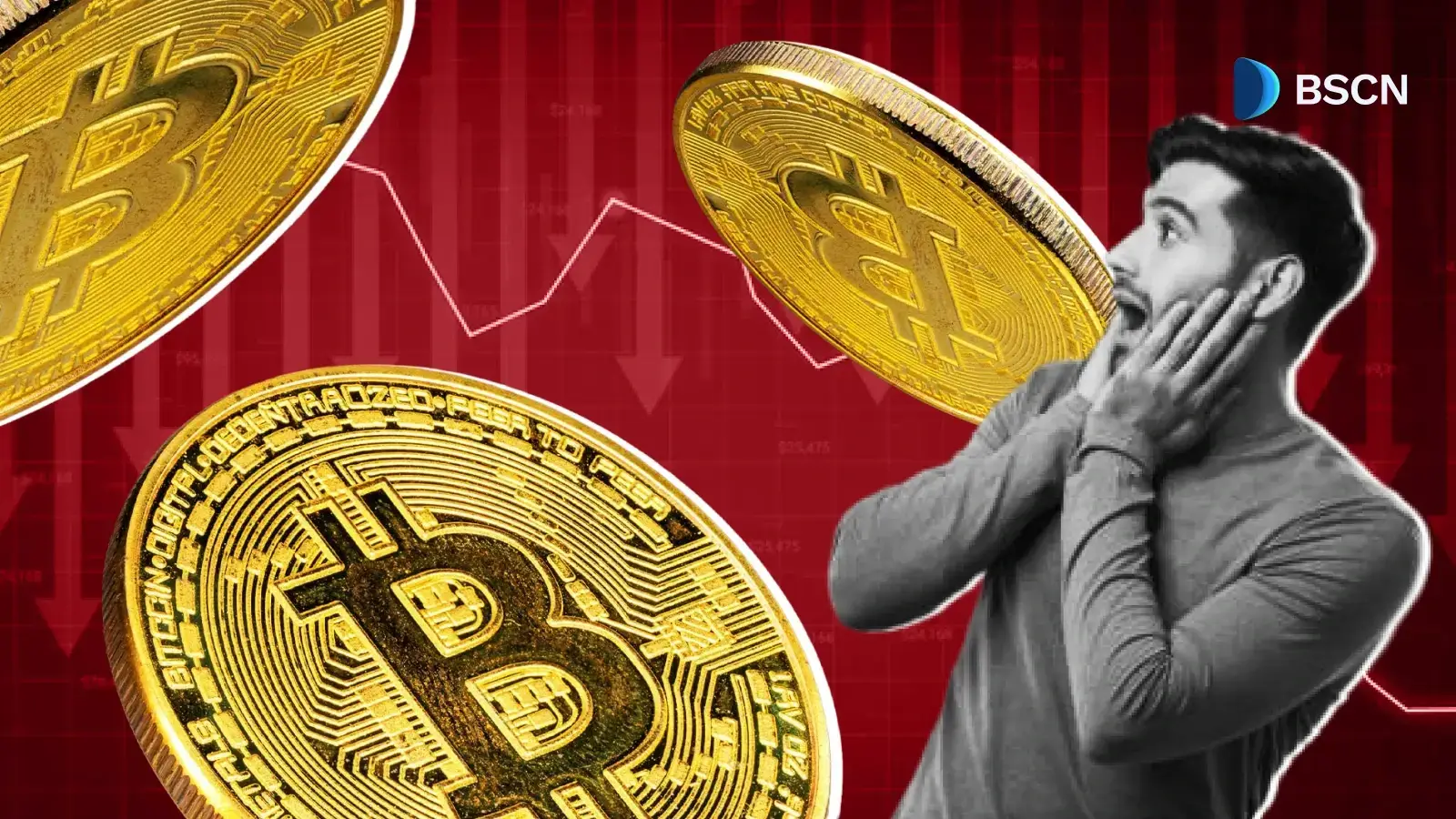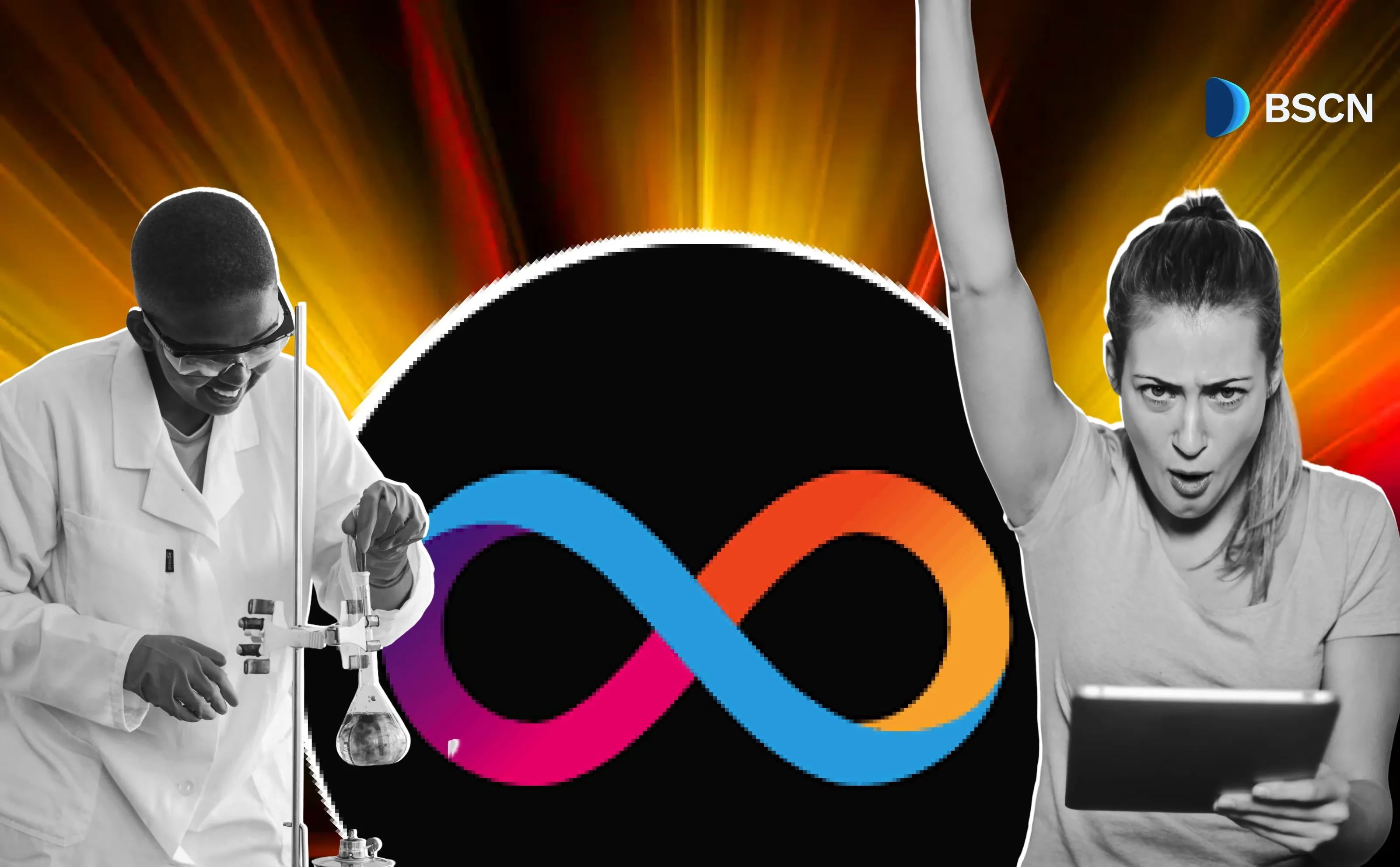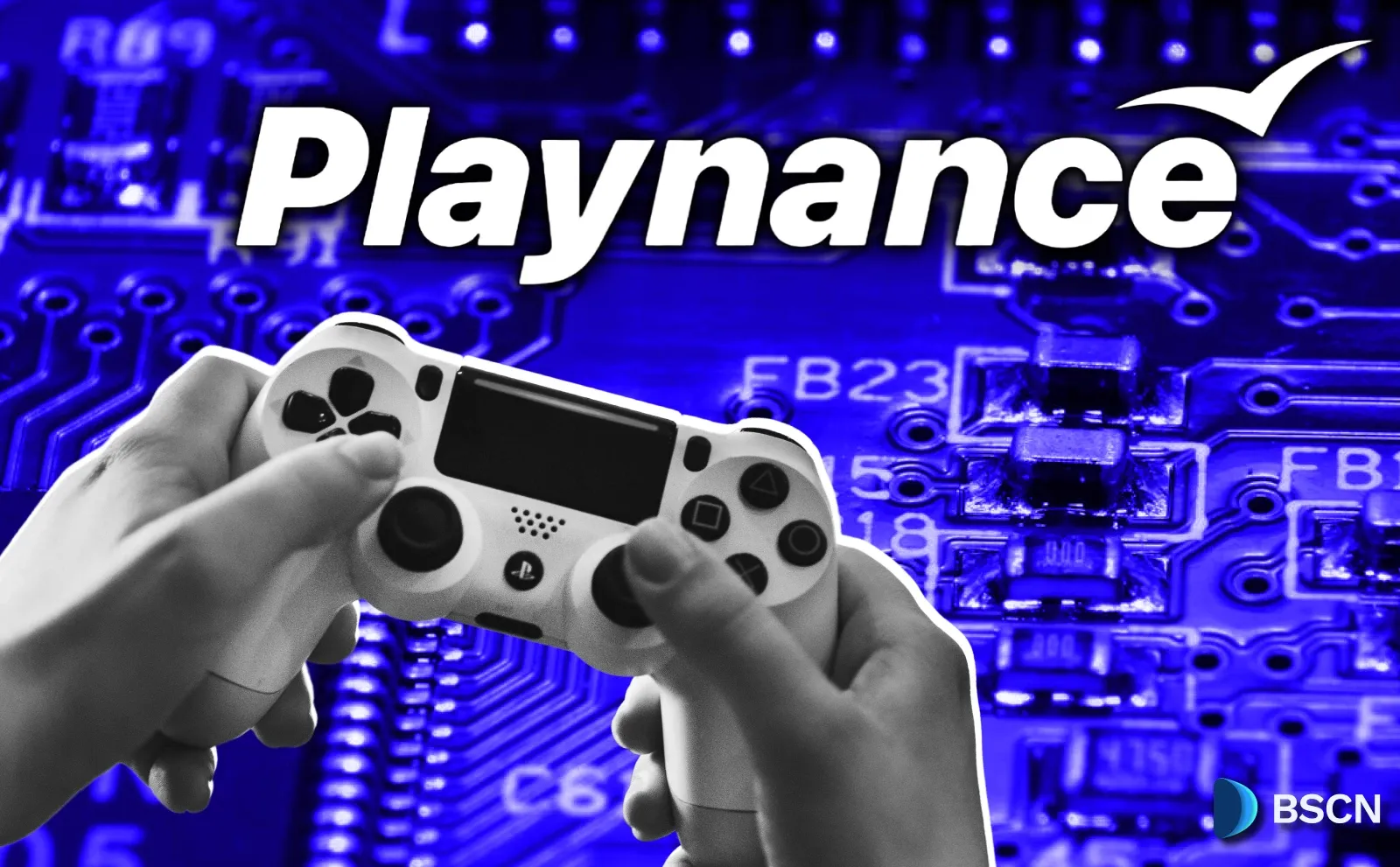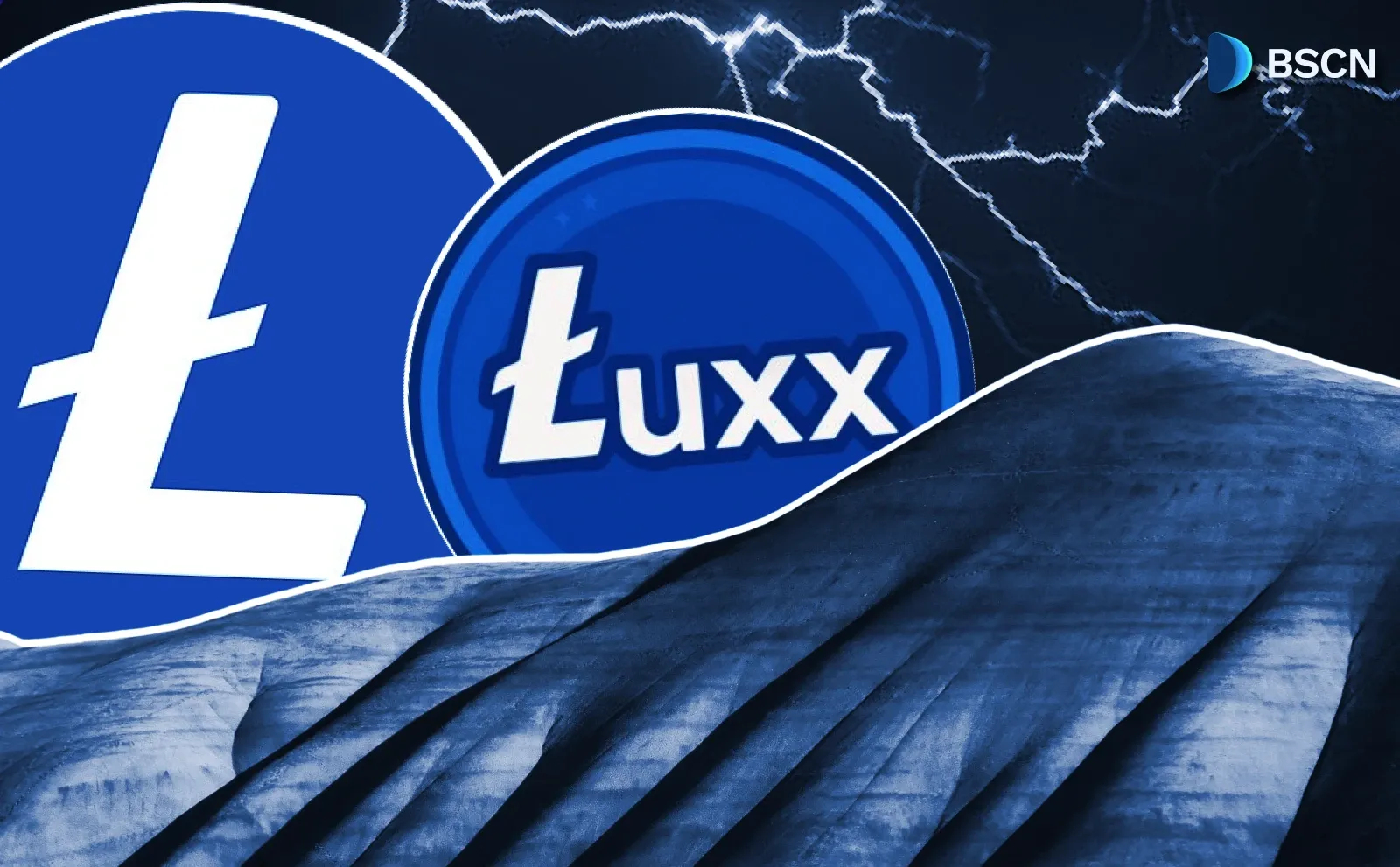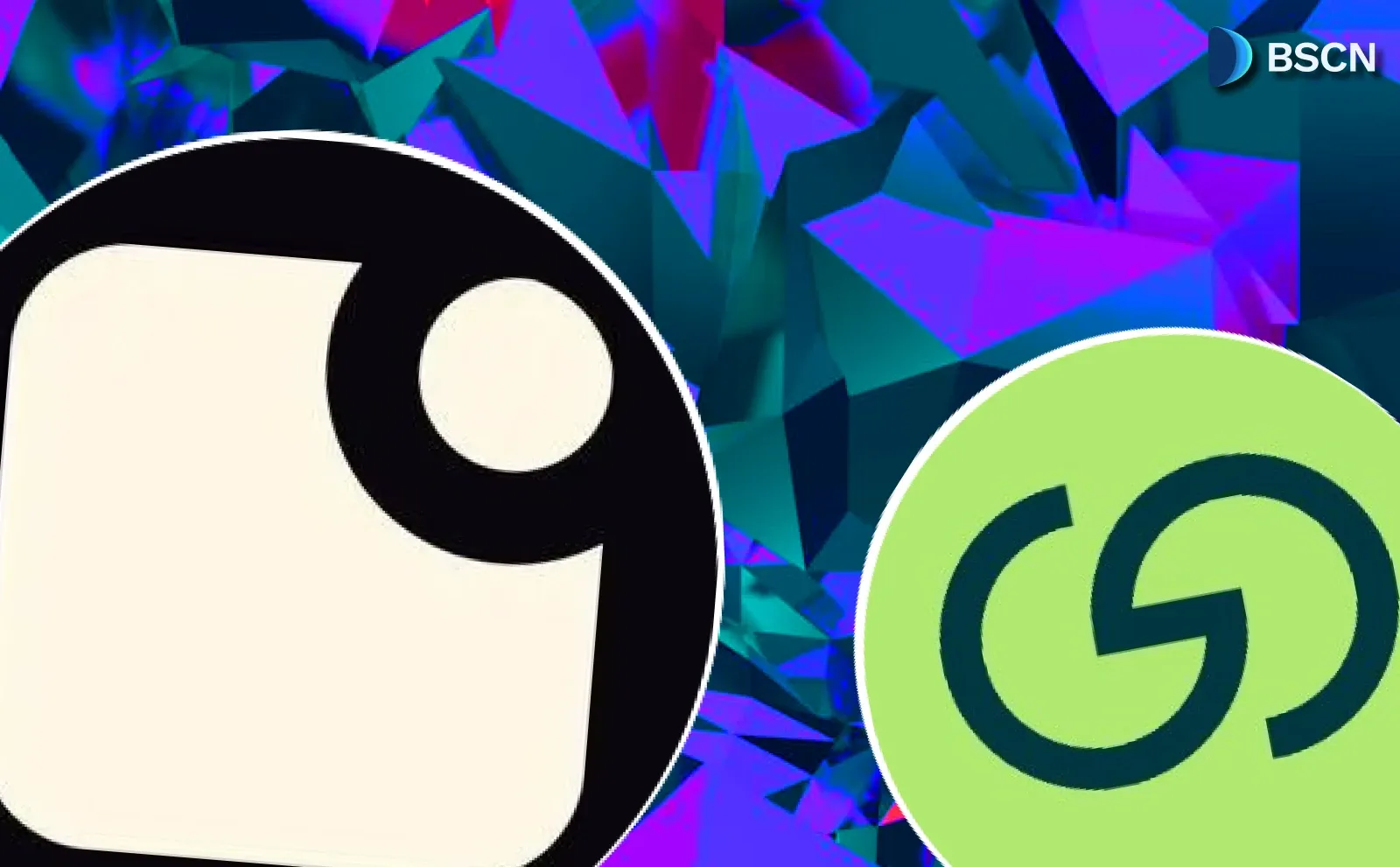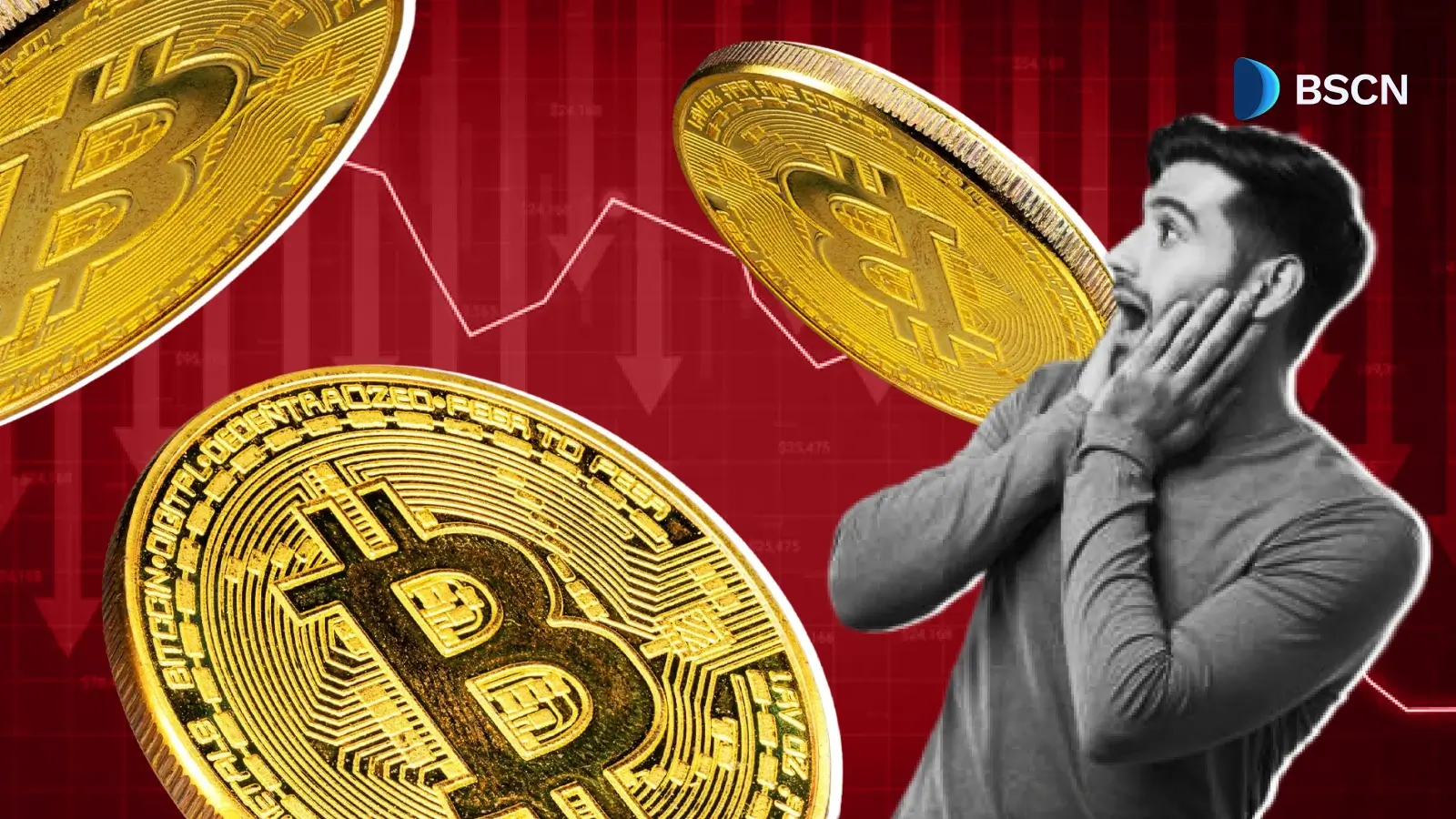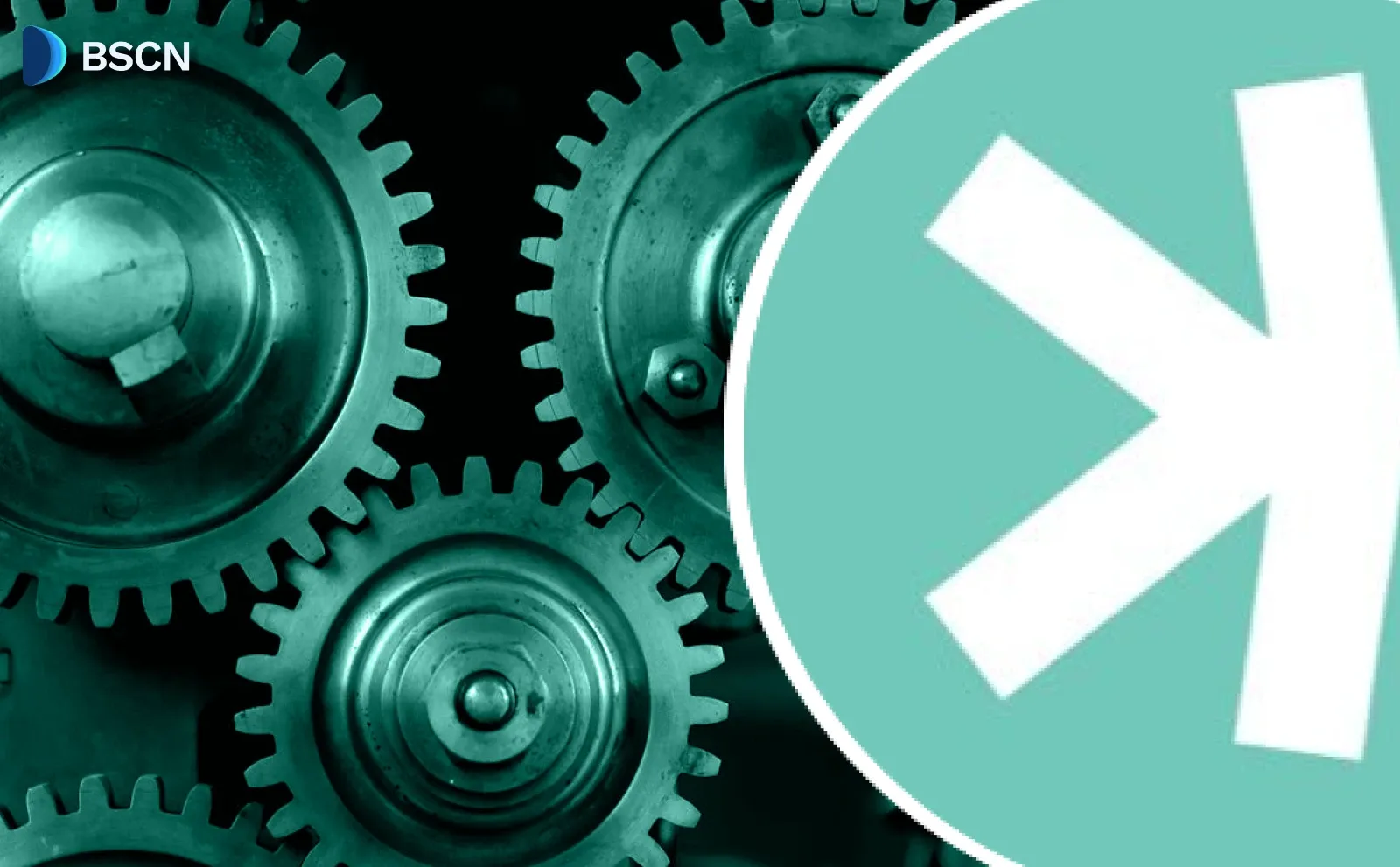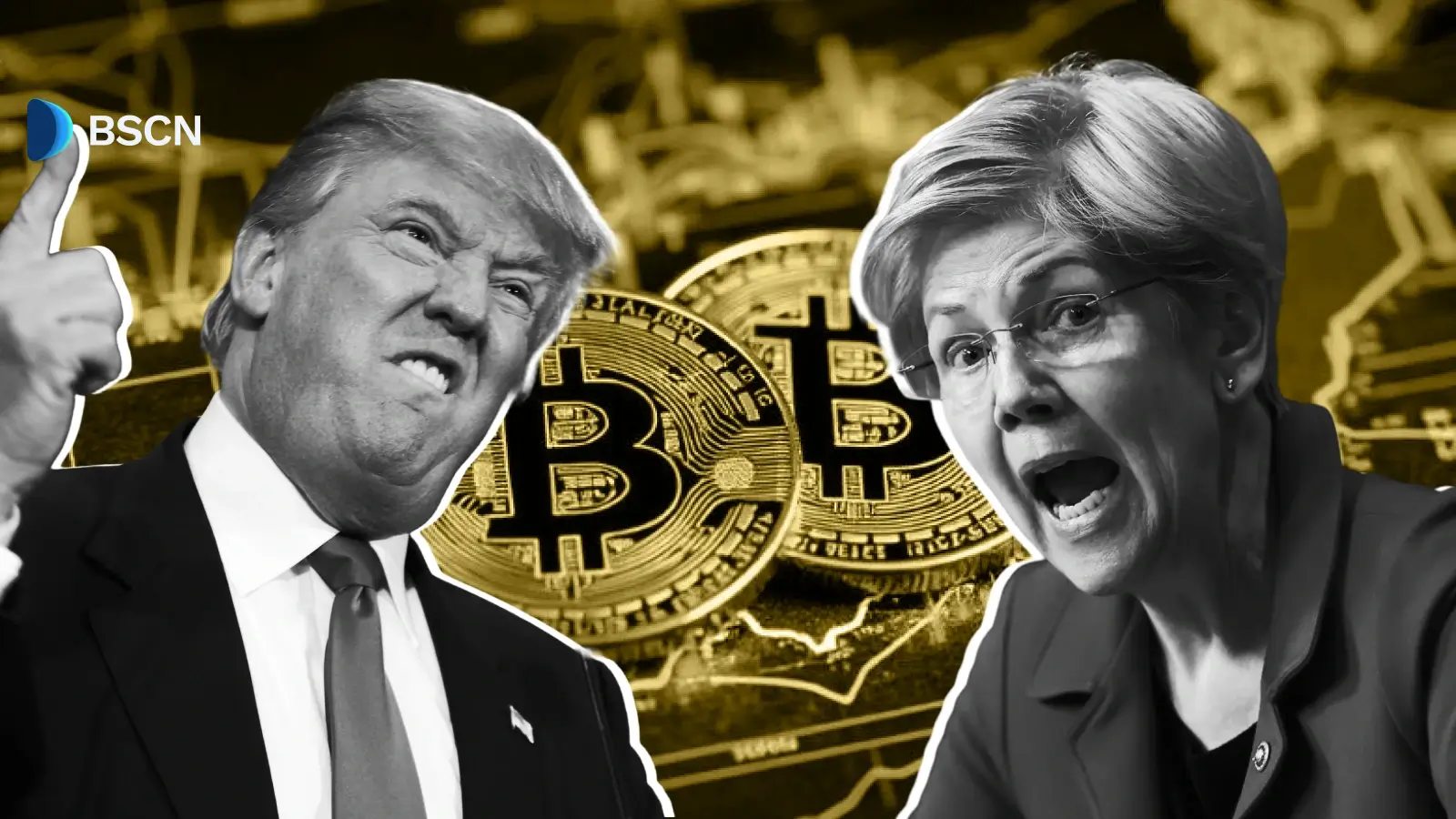PayPal Adds Solana ($SOL) and Chainlink ($LINK) to U.S. Crypto Offerings
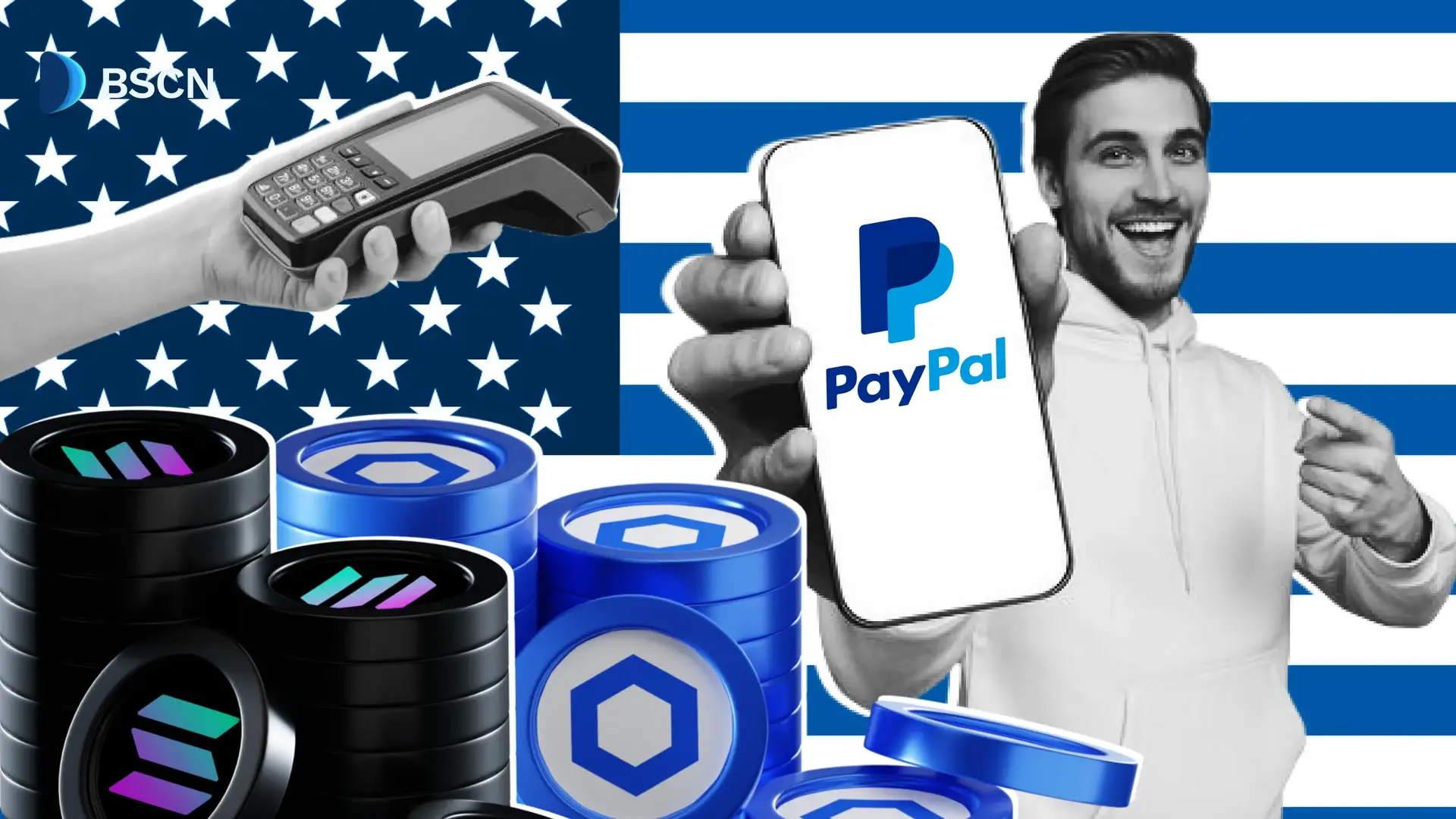
The payment giant takes another step into crypto, enabling millions of users to buy, sell, and hold SOL and LINK.
Soumen Datta
April 4, 2025
Table of Contents
PayPal has officially added Solana (SOL) and Chainlink (LINK) to its list of supported cryptocurrencies for U.S. users, accoridng to an update on the company’s webpage. With this move, the platform now supports seven crypto assets: Bitcoin (BTC), Ethereum (ETH), Litecoin (LTC), Bitcoin Cash (BCH), PayPal USD (PYUSD), and now Solana and Chainlink.
U.S. users can now buy, sell, and hold both SOL and LINK directly through PayPal’s wallet interface. This upgrade follows the company's consistent push into digital assets since it first embraced crypto in 2020.
Previously, PayPal users could access SOL and LINK only through MoonPay integration. Now, the experience is native and more seamless. Users no longer need third-party services to manage these two tokens.
Why Solana and Chainlink?
Solana and Chainlink represent key pillars in modern blockchain infrastructure.
Solana (SOL) is best known for its high-speed, low-cost transactions. It has become a preferred blockchain for decentralized apps, NFTs, memecoins and DeFi. Solana’s network has grown rapidly, with new projects like Pumpfun further improving its liquidity and token swap mechanisms.
By adding SOL, PayPal is opening the door to one of the most scalable blockchains. This could lead to increased adoption, especially as users become more aware of Solana’s capabilities.
Chainlink (LINK), on the other hand, offers a different kind of utility. It powers decentralized oracles—tools that connect smart contracts to real-world data like price feeds, or market indexes. These oracles are essential to the functioning of DeFi applications.
Also, in 2023, Chainlink launched Chainlink CCIP. One of CCIP’s standout features is its support for cross-chain tokens (CCTs), making it easy to connect both new and existing tokens across different blockchains. It also enables the transfer of any kind of data, not just value—unlocking the potential for building true cross-chain applications. By combining programmable logic with token transfers, CCIP adds automation and smart functionality across networks.
PayPal’s integration of LINK suggests it sees long-term value in enabling access to blockchain infrastructure, not just digital currency.
Worth noting, when widely trusted platforms adopt new assets, it can lead to greater institutional and retail interest, even if price reactions aren’t instant.
Transfers Still Limited
Although users can now buy, sell, and hold SOL and LINK, external transfers are not yet confirmed. As of now, only BTC, ETH, LTC, BCH, and PYUSD support withdrawals to external wallets. PayPal has not made an official announcement about when, or if, external transfers for SOL and LINK will be available.
This may limit current use cases but hints at future potential. If PayPal enables outgoing transfers for SOL and LINK, it could attract more power users and crypto-native audiences.
Currently, the new features are exclusive to U.S. users and U.S. territories. There’s no word on international rollout.
This limitation follows the pattern of PayPal’s earlier crypto rollouts, which usually began in the U.S. before broader expansion. For now, global users will have to wait.
Strengthening the Crypto Ecosystem
The Solana and Chainlink integration aligns with PayPal’s broader goal: to build a strong digital asset ecosystem within its platform. In late 2024, PayPal began allowing U.S. merchants to handle crypto through business accounts. It also added the ability to send and receive tokens on-chain, although New York State was excluded.
These steps reveal a consistent effort to enhance crypto utility across both personal and business accounts.
Further, Since first offering crypto services in October 2020, PayPal has been growing its presence in the blockchain space. With 36 million merchant accounts and a massive user base, even small changes on PayPal can impact the broader market.
This expansion keeps PayPal competitive with Venmo, Cash App, and Robinhood, which are also strengthening their crypto offerings.
Moreover, if PayPal enables external transfers for SOL and LINK, the platform could start competing directly with decentralized wallets like Phantom or MetaMask.
Read Next...
Disclaimer
Disclaimer: The views expressed in this article do not necessarily represent the views of BSCN. The information provided in this article is for educational and entertainment purposes only and should not be construed as investment advice, or advice of any kind. BSCN assumes no responsibility for any investment decisions made based on the information provided in this article. If you believe that the article should be amended, please reach out to the BSCN team by emailing [email protected].
Author
 Soumen Datta
Soumen DattaSoumen has been a crypto researcher since 2020 and holds a master’s in Physics. His writing and research has been published by publications such as CryptoSlate and DailyCoin, as well as BSCN. His areas of focus include Bitcoin, DeFi, and high-potential altcoins like Ethereum, Solana, XRP, and Chainlink. He combines analytical depth with journalistic clarity to deliver insights for both newcomers and seasoned crypto readers.
Crypto Project & Token Reviews
Project & Token Reviews
Comprehensive reviews of crypto's most interesting projects and assets
Learn about the hottest projects & tokens
Latest Crypto News
Get up to date with the latest crypto news stories and events





